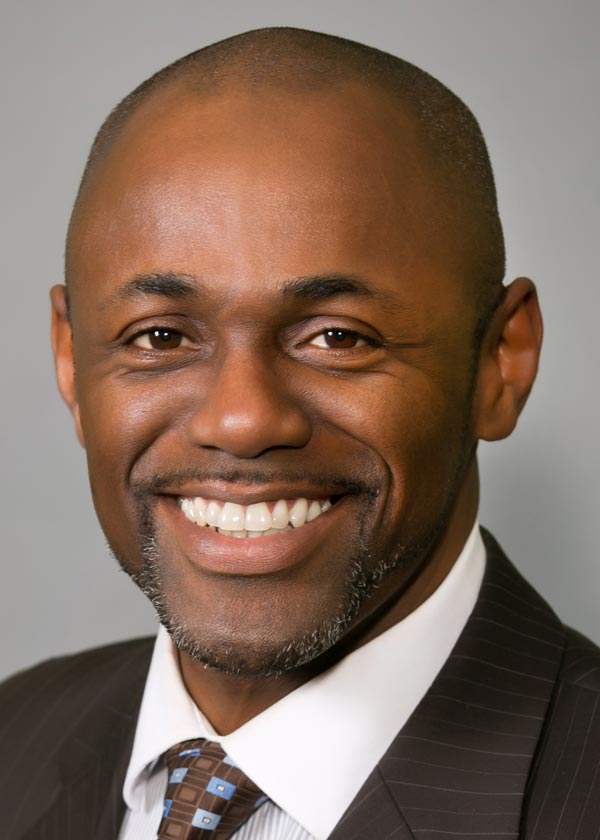
Like many of you, I am an advocate of continuous learning. So, for me, the term summer vacation is mostly aspirational. I spend each summer teaching leadership to high school students from around the world at the UC Berkeley campus. The students come to explore careers in health care, engineering and biotechnology. This summer, it served as a perfect framing for my time at CSBA’s 2018 Leadership Institute: “The Science of Leading Students to STEM Success.”
Among the many notable remarks delivered by presenters at the Leadership Institute, this quote from governance expert Susan Decker stayed with me, “The purpose of life is living a life of purpose.” As school board members, we already have a profound purpose defined for us: to create the conditions that give all students the opportunities required for success in college, career and civic life.
Board members across the state are consistently striving, with deeply insufficient funding support from the state and the federal government, to provide all students with the resources needed to reach their potential. This work is challenging enough on its own given the constraints already facing governing boards. Because we are charged with a critically important task, it’s essential that we do everything to maintain the public’s trust. Keeping this trust requires more than simply avoiding unethical or negligent behavior. In order to fulfill our responsibilities as school board members, we must be ardent advocates for public school students, knowledgeable governance practitioners and responsible stewards of public funds. When we fail in any of these roles, but particularly in the final one, the impact is enormous.
The relationship between a school board member and their constituents is the most intimate of any elected official. There are positions with greater scope, but no other elected office offers such access nor deals so directly with what people value most — their children. We oversee school districts and county offices of education, organizations that are responsible for the well-being of children during the majority of their waking hours. This is a sacred obligation and a public trust. The stakes are incredibly high, which means that people have very personal reactions to — and long memories of — the decisions we make.

The vast majority of school boards are doing a commendable job guiding their financial ships through rough waters. But no matter how savvy a district’s financial management, rising costs for benefits, health care, pensions, special education, transportation and utilities, among other expenses, will take its toll. That’s why CSBA has led the charge for Full and Fair Funding that lifts California’s per-pupil spending levels to the national average by 2020 and to the average of the top 10 states by 2025.
When we fight for the funding needed to provide all students with a high-quality education, we attract a brighter spotlight on our work as leaders and financial stewards. Under the glare of this light, the rare ethical lapse or financial mistake looms large. Critics and adversaries are quick to hold up any misdeed or misstep as a reason why all schools should be denied additional funding — the very same funding we need to support schools, close achievement and opportunity gaps and improve outcomes for all students.
We know that the percentage of school boards or individual trustees displaying poor judgment is very small. Yet, the public doesn’t always see it that way. For many, one bad apple spoils the whole bunch or indicates that the general governance of our schools is rotten. Nothing could be further from the truth. Yet, if you read the headlines or scroll through social media, it’s easy to understand why so many people in the public could think that poor governance is commonplace.
It is our responsibility to change that narrative through exemplary governance that is purpose-driven, transparent and engages the community in our work. We can’t afford to plant seeds of doubt or public mistrust with examples of behaviors or decisions that are disconnected from that purpose. As many of us did this summer, we must take every opportunity to improve our practice through research, governance training and professional development, or simply by talking to students, parents, teachers and staff. It’s well worth the extra effort because we are living lives of purpose and that purpose is too important to jeopardize.